
Resources
Books
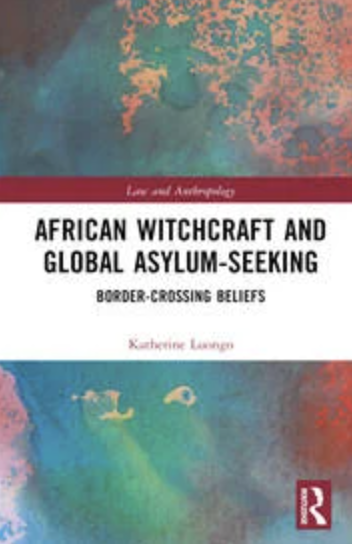
African Witchcraft and Global Asylum-Seeking – Border-Crossing Beliefs
Katherine Luongo | 2023
This compelling book looks at how immigration systems in Canada, Australia, and the UK have responded to witchcraft-related violence claims from African asylum seekers over the past two decades. By intersecting anthropological, historical, legal, and human rights perspectives, it offers fresh insights into extrajudicial violence and global migration.
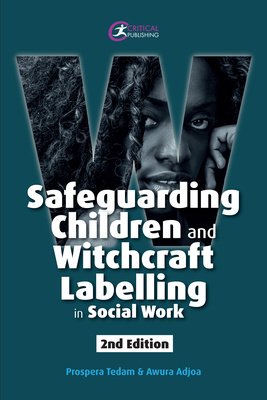
Safeguarding children and witchcraft labelling in social work
Prospera Tadam and Awura Adjoa | 2025
This book offers a crucial resource for professionals seeking to understand the alarming issue of witchcraft branding as a modern form of child abuse. This enlightening book addresses the rising trend of witchcraft accusations against children in the UK, a trend often overlooked by social workers and other practitioners.

The Once & Future Witch Hunt: A Descendant's Reckoning from Salem to the Present
Alice Markham-Cantor | 2024
Unearthing a Legacy of Persecution: A Descendant's Fight for Justice
Alice Markham-Cantor's quest to understand her ancestor's execution during the Salem witch trials becomes a captivating exploration that exposes a chilling truth: witch hunts haven't vanished, they've morphed and continued worldwide.
This groundbreaking exploration transcends Salem's narrative. It transforms the witch trials into a powerful call to action, revealing the enduring threat of historical injustices and empowering readers to confront them in the present.
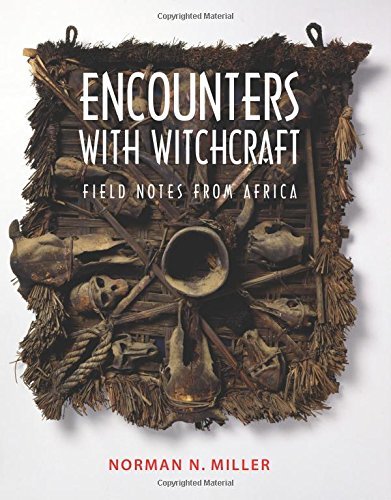
Encounters with Witchcraft: Field Notes from Africa
Norman Miller
Encounters with Witchcraft is a personal story of a young man's fascination with African witchcraft discovered first in a trek across East Africa and the Congo. The story unfolds over four decades during the author's long residence in and many trips to Kenya, Tanzania and Uganda. As a field researcher he learns from villagers what it is like to live with witches, and how witches are seen through African eyes. His teachers are healers, cult leaders, witch-hunters and self-proclaimed "witches" as well as policemen, politicians and judges.

The Devil’s Children: From Spirit Possession to Witchcraft: New Allegations that Affect Children
Jean La Fontaine
A number of cases of serious child abuse have resulted from beliefs that children may be possessed by evil spirits and may then be given the power to bewitch others. Misfortune, failure, illness and even death may be blamed on them. The 'cure', nowadays called deliverance rather than exorcism, is to expel the spirits, sometimes by violent means. This book draws together contributions on aspects of possession and witchcraft from leading academics and expert practitioners in the field. It has been put together following conferences held by Inform, a charity that provides accurate information on new religions as a public service.

Witchcraft Accusations and Persecutions as a Mechanism for the Marginalisation of Women
Samantha Spence
This books draws on feminist commentary from the disciplines of anthropology, history, law, politics and sociology in order to deal with the phenomenon of modern-day witchcraft. It focuses on the re-emergence of witchcraft beliefs in contemporary society, suggesting that witchcraft accusations and persecution are being used as a marginalisation mechanism of women.
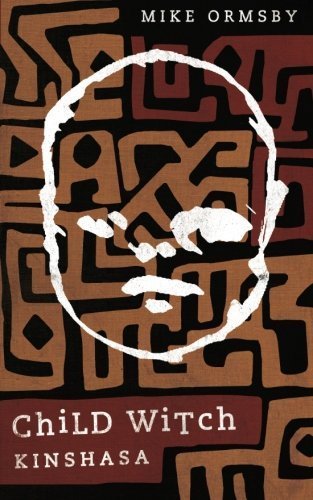
Child Witch Kinshasa
Mike Ormsby
"If you liked The Poisonwood Bible, then Child Witch Kinshasa is for you." Mail & Guardian, Johannesburg
What if our best effort turns into our worst nightmare?
When a hardworking French priest in the Congo tells an agnostic British journalist, “God is just the best that we can be”, he unleashes a chain of dramatic events that will resonate from Kinshasa to Kingston-upon-Thames.
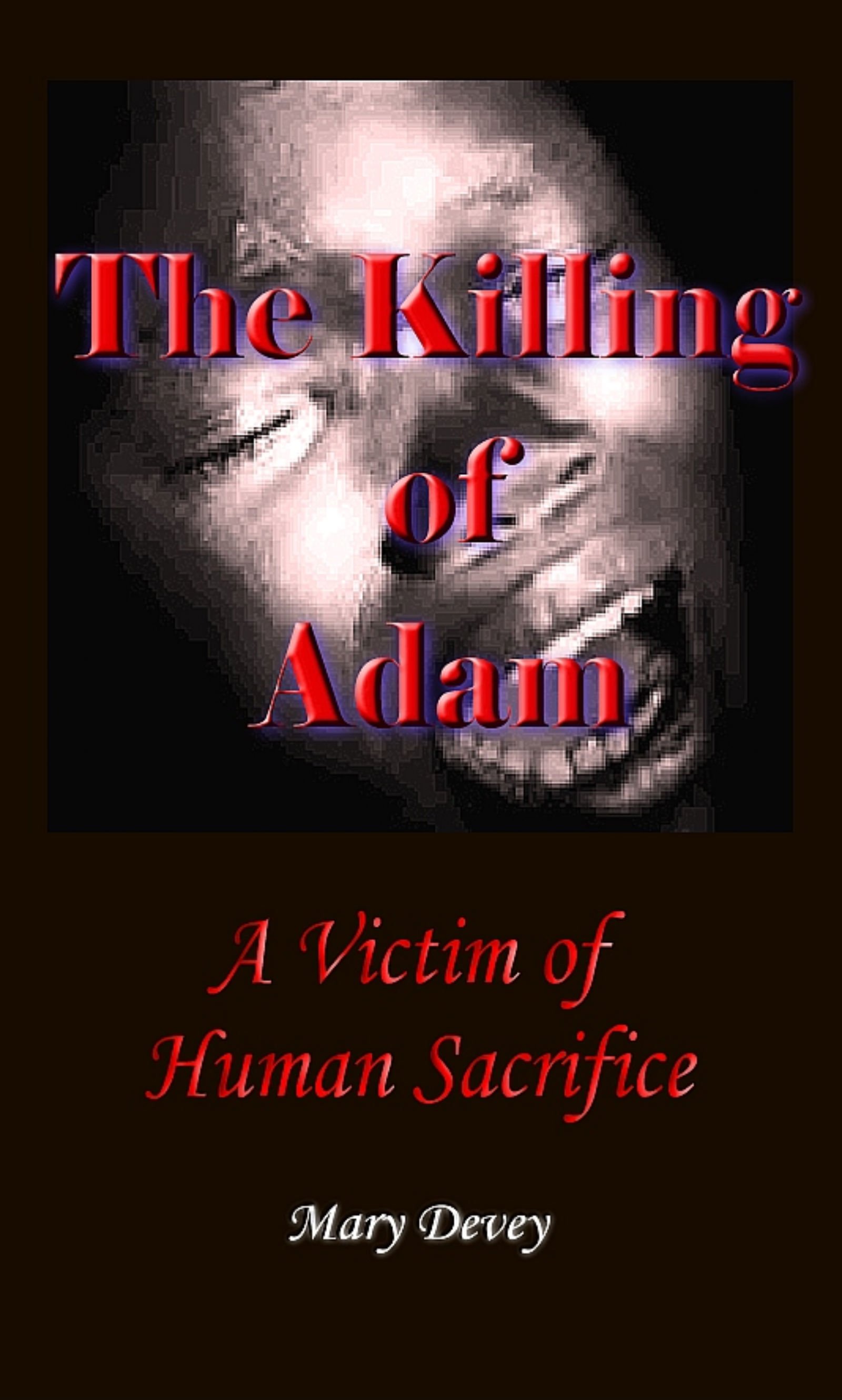
The Killing of Adam: A Victim of Human Sacrifice
Mary Devey
This story is about Adam and about the many African children who fall prey to sacrifices and ritual abuse everyday. It is the story that tells you child ritual abuse flourishes right before our eyes and that authorities as far as Mozambique and Kenya, while desperate to contain its lethal effects, still lack the ability and know-how to contain its cancerous growth formations within the human populace.

